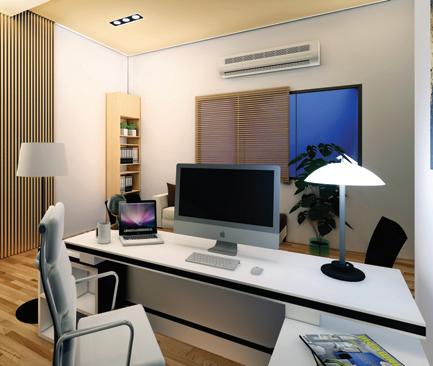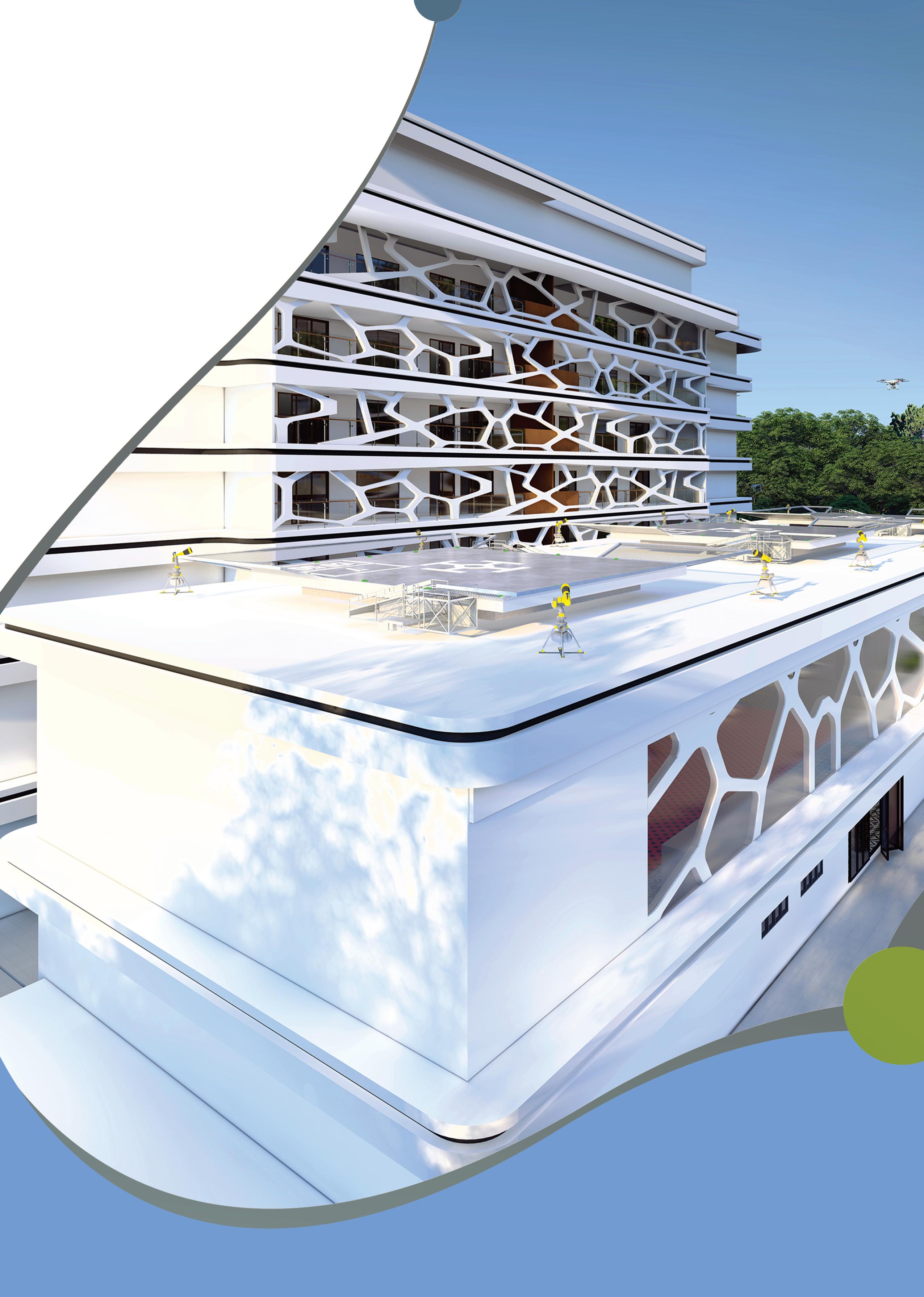









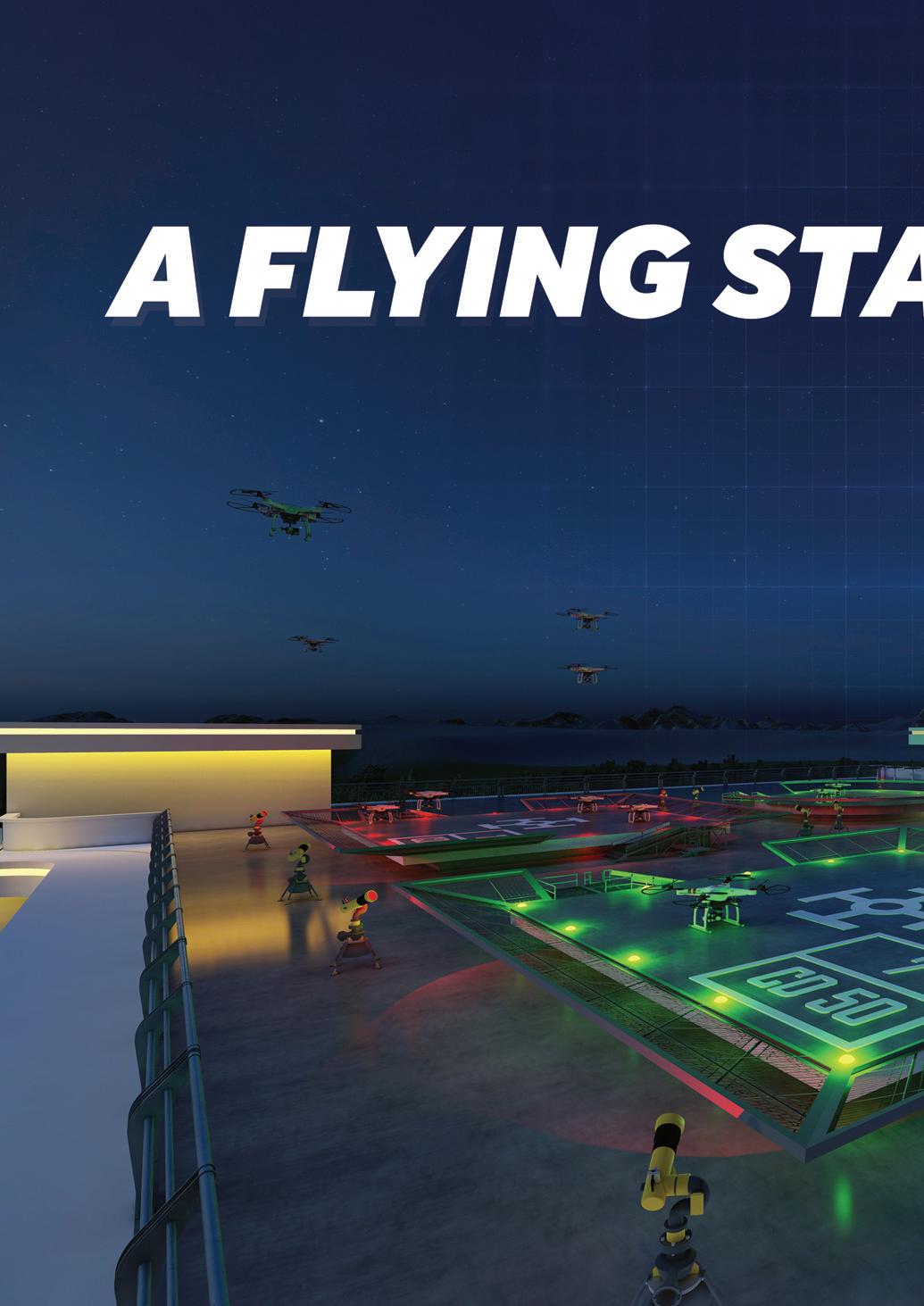
Drone Industry Systems Corporation is a solution company looking to connect th infrastructure solutions for the future. CE company’s plans for the delivery of peo eVTOLs, and delivery robots. Report by A
an autonomous infrastructure IP he physical and the digital, creating EO Mike DiCosola explained the ople and cargo via drones, UGVs, Antonia Cole.
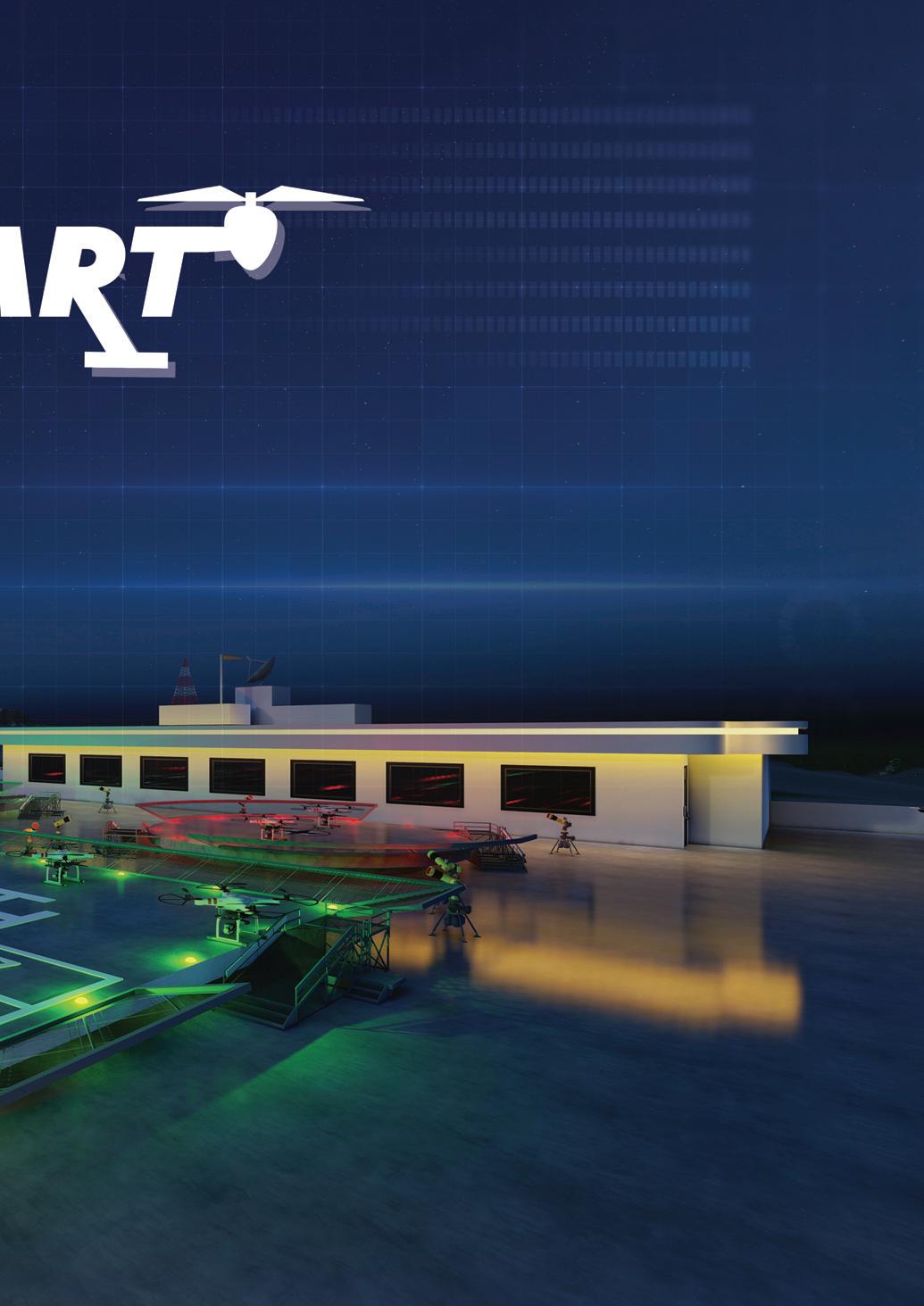
Since 2014, CEO Mike DiCosola has been working to make drone delivery a reality. By designing the appropriate infrastructure patents to support the integration of drones into society, Drone Industry Systems Corporation (DISC) is preparing for a more efficient and revolutionary future.
“My first question was do I need to rebuild the world, or repurpose what already exists,” said Mr. DiCosola. “My Father was in the Air Force, which inspired my interest in drones. I wondered when they would move from purely military use to commercial.
“Seeing that we had the technology, but not the infrastructure in our communities to fully utilize drones, I began my ten-year

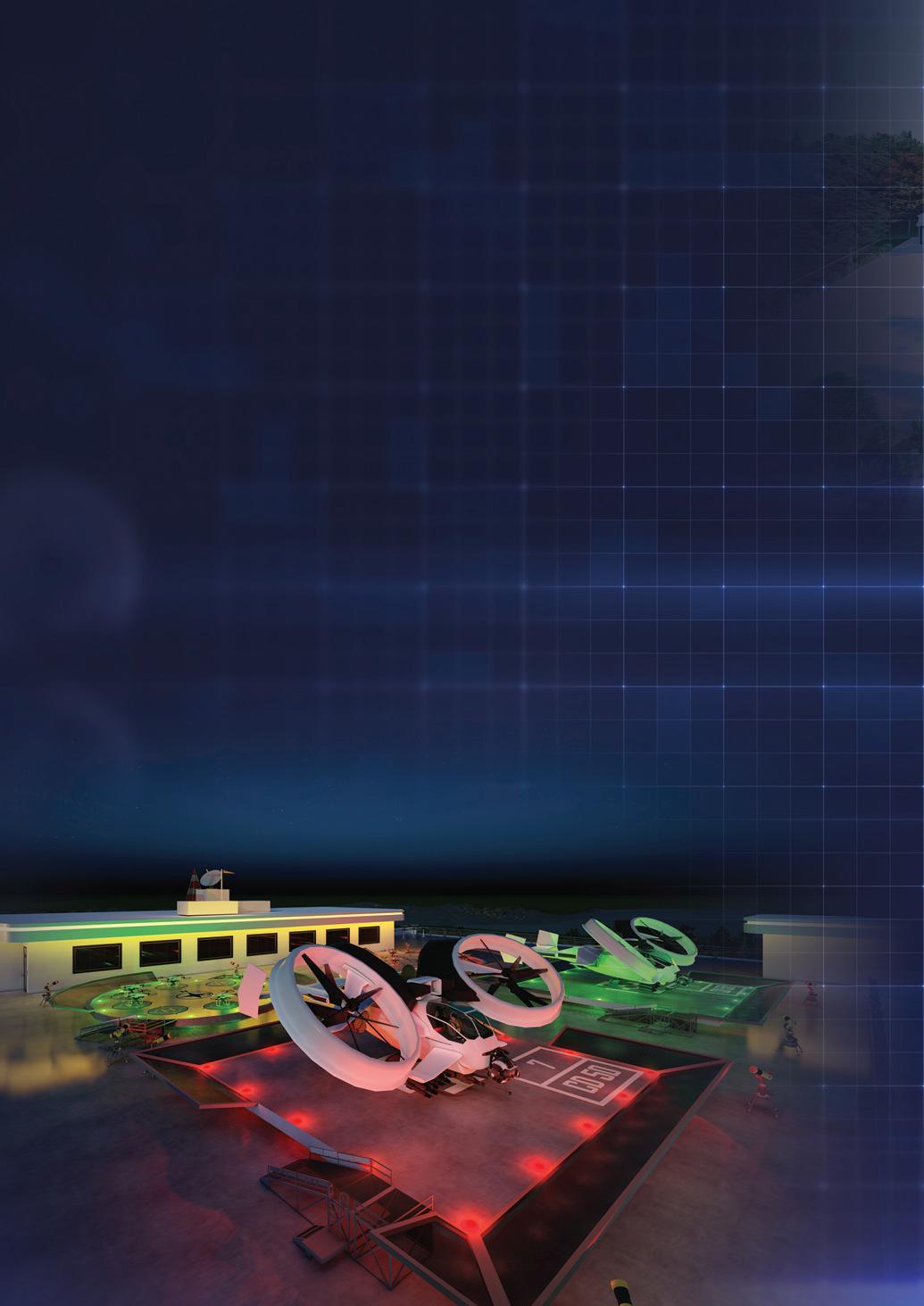
plan. I knew that it would be a long endeavor, requiring a lot of research, but this is no longer a dream. Now this technology is becoming a reality.”
Having spoken at many conferences, including a Vertical Flight Society event with attendees from NASA, Mr. DiCosola is involved at the forefront of the industry. The Federal Aviation Administration has formed a group called the UAS FAA Drone Safety Team, in which DISC has been given a voting right. This means that the company will have an impact on civil aviation rulemaking, creating a more advanced future.
The development of DISC’s patents began with drone landing pads. These provide a space for the drones to safely begin and end journeys, without the risk of being damaged on uneven or inappropriate ground. Then, this idea developed into Smart Mailbox Landing Pads. Utilizing
existing infrastructure, this concept allows for the seamless integration of drones into daily life.
DISC believes that autonomous transportation should be safe, secure, and sustainable. To ensure this, the company considered weather conditions in drone transportation, designing the Smart Delivery Doorbell. This is the world’s first doorbell with a weather sensor.
Incorporating weather sensors into doorbells, drones, and landing pads, DISC creates a system that provides real-time weather information. Through this, drone delivery becomes safer and more reliable, mitigating risks from unpredictable climate conditions.
“This system means that drones will be able to fly safely through harsh weather conditions,” explained Mr. DiCosola. “With the integration of weather sensors throughout an area, we can identify conditions along the drone’s journey. This
means it can avoid unfavorable areas or alternatively, land securely, until it is safe to travel again.”
To scale up the use of drones, DISC plans to repurpose rooftop and unused ground space as vertiports. Existing infrastructure can be transformed to facilitate the operation of both drones and flying cars (eVTOLs).
“I realized that the future of transportation for people and cargo not only lies with delivery drones, but also with eVTOLs,” added Mr. DiCosola. “Coming in a variety of sizes, they are either electric, hydrogen, or hybrid powered. This will allow for transportation that is not only safe and efficient, but also sustainable.
“As government rulemaking advanced within the sector, I anticipated the arrival of this technology and decided to pursue a double degree in aviation transportation management and unmanned systems. This afforded me a greater understanding of national airspace as it currently exists,
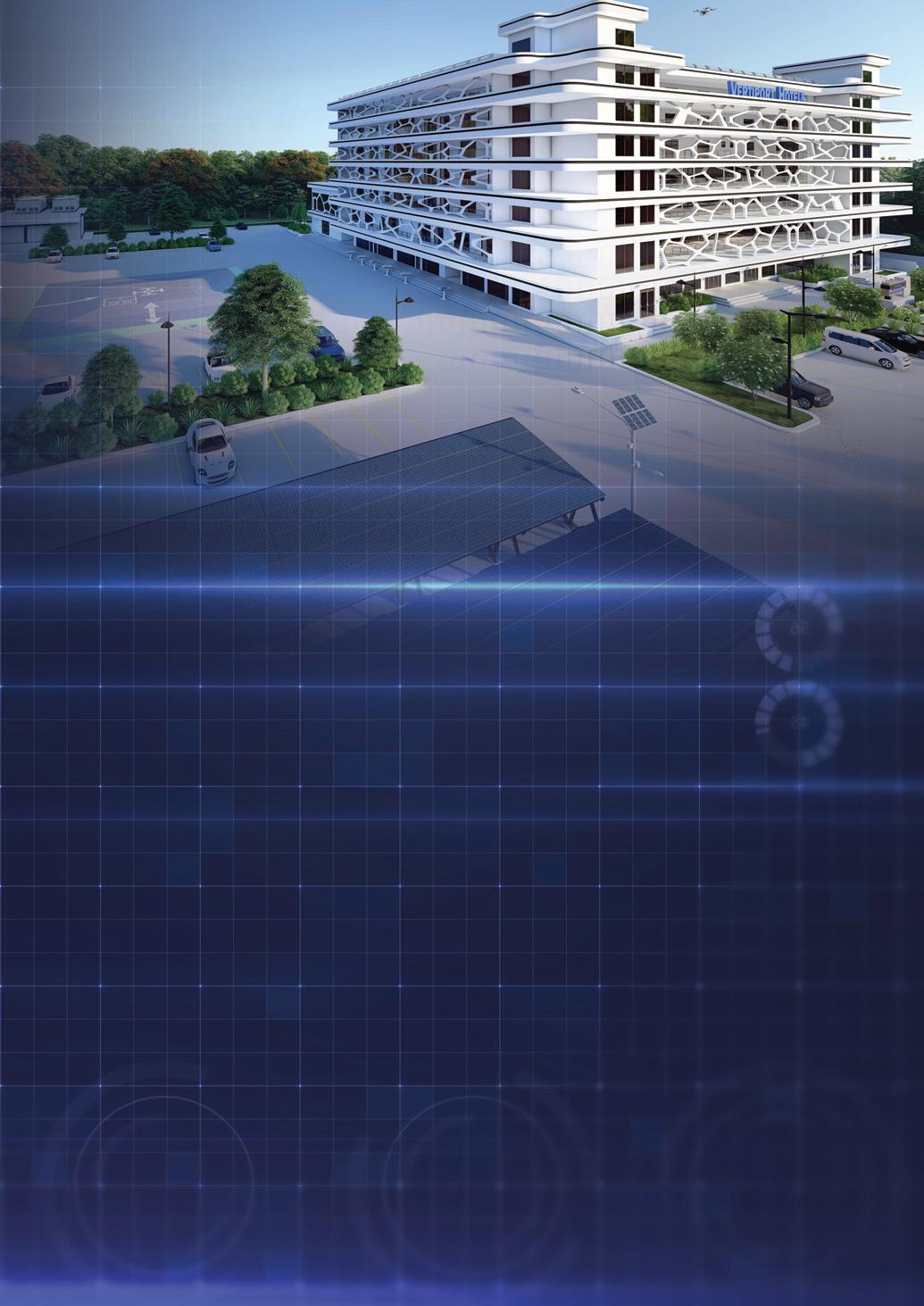
setting the groundwork for my first patent, in early 2019: the Smart AIML Rooftop and Ground Drone Port, Vertiport, Airport.”
With the development of DISC’s patents came more challenges, such as data security. To ensure the accuracy of data within the drone network, a blockchain was embedded into it. This allowed for the authentication of data collected by the drones and surrounding infrastructure.
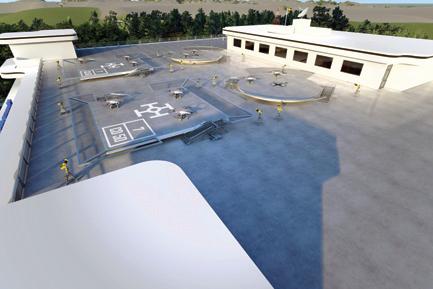

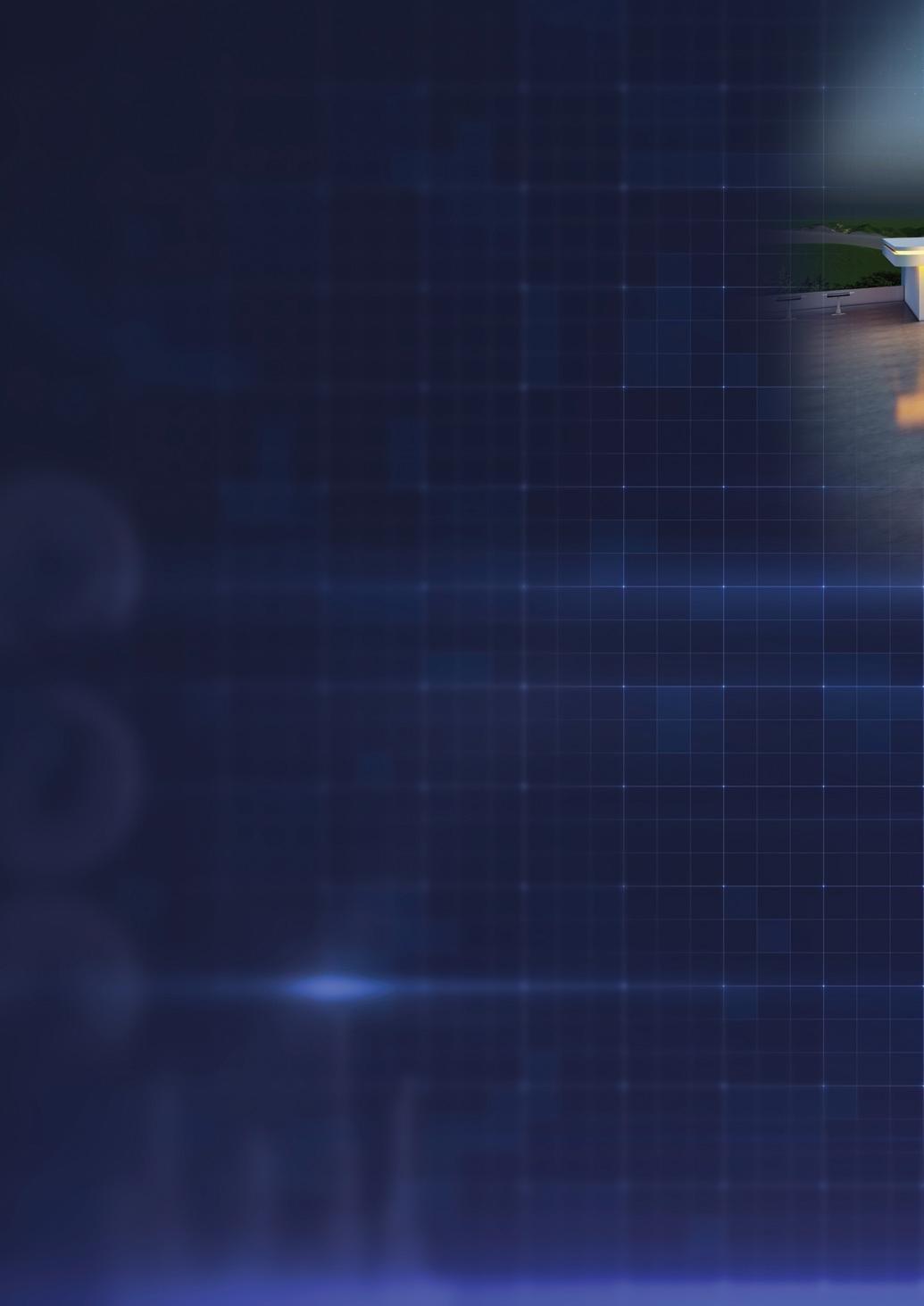
Expanding upon this, DISC created a crypto utility token that will allow customers to participate in cryptocurrency rewards. This means that when clients engage in drone delivery services, they can receive rewards through a mobile app in exchange for data, such as from the weather doorbell.
“We will bring value to the customer’s data and reward them in exchange,” said Mr. DiCosola. “Through this, the crypto becomes utility, rather than security, and we create a frictionless relationship with the data. The interconnectedness between the blockchain, data, and crypto leaves us with a system that is secure and benefits the customer.”
To monetize the data, DISC created a trifecta solution for owning, selling, and sharing data. It required three elements: validated data, that is discoverable, and has rights attached to it. To achieve this objective, DISC created the Autonomous Mobility Data Exchange (AMX).
This will allow for validated trusted data to be discoverable data no longer siloed, and for the dynamic negotiation and trade of blockchain validated data from drones, drone landing pads and charging stations, weather towers, and smart delivery doorbell data miners, also known as nodes, which then extends to the Digital Data Bundle of Rights (DDBoR). As the blockchain is
integrated into the data, this allows for Non-Fungible Right smart contracts (NFTs) where the same data can be resold with different terms and conditions between the creators/distributers and the procurers/acquisitioners.
This system creates validated, trusted data that is discoverable on the Autonomous Mobility Data Exchange and
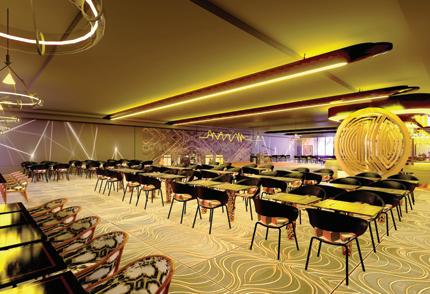
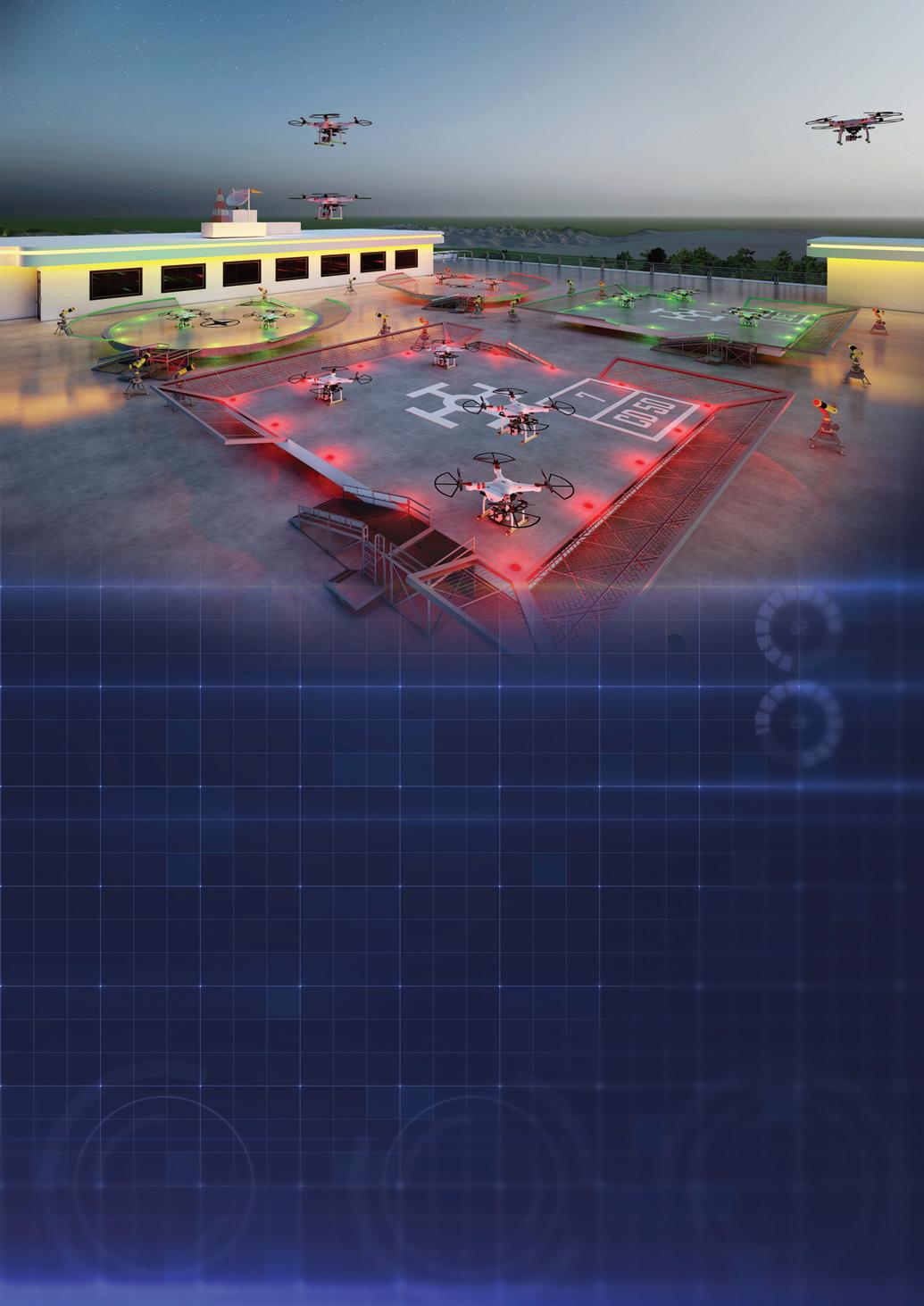
has rights through smart contracts, as NFTs. By designing systems to manage both the digital and physical aspects of drones and flying cars known as VTOLs (Vertical Take Off and Landing Vehicles), DISC facilitates the integration of this technology into society, for the delivery of people and cargo, in a safe and secure manner.
Through the digitalization of processes, DISC hopes to create a more sustainable future. Drones are electric, meaning their introduction will minimize carbon emissions drastically. Through drone delivery, traffic will be reduced, leading to less pollution and more convenient travel.
Drones will also improve the wellbeing of people through better accessibility to

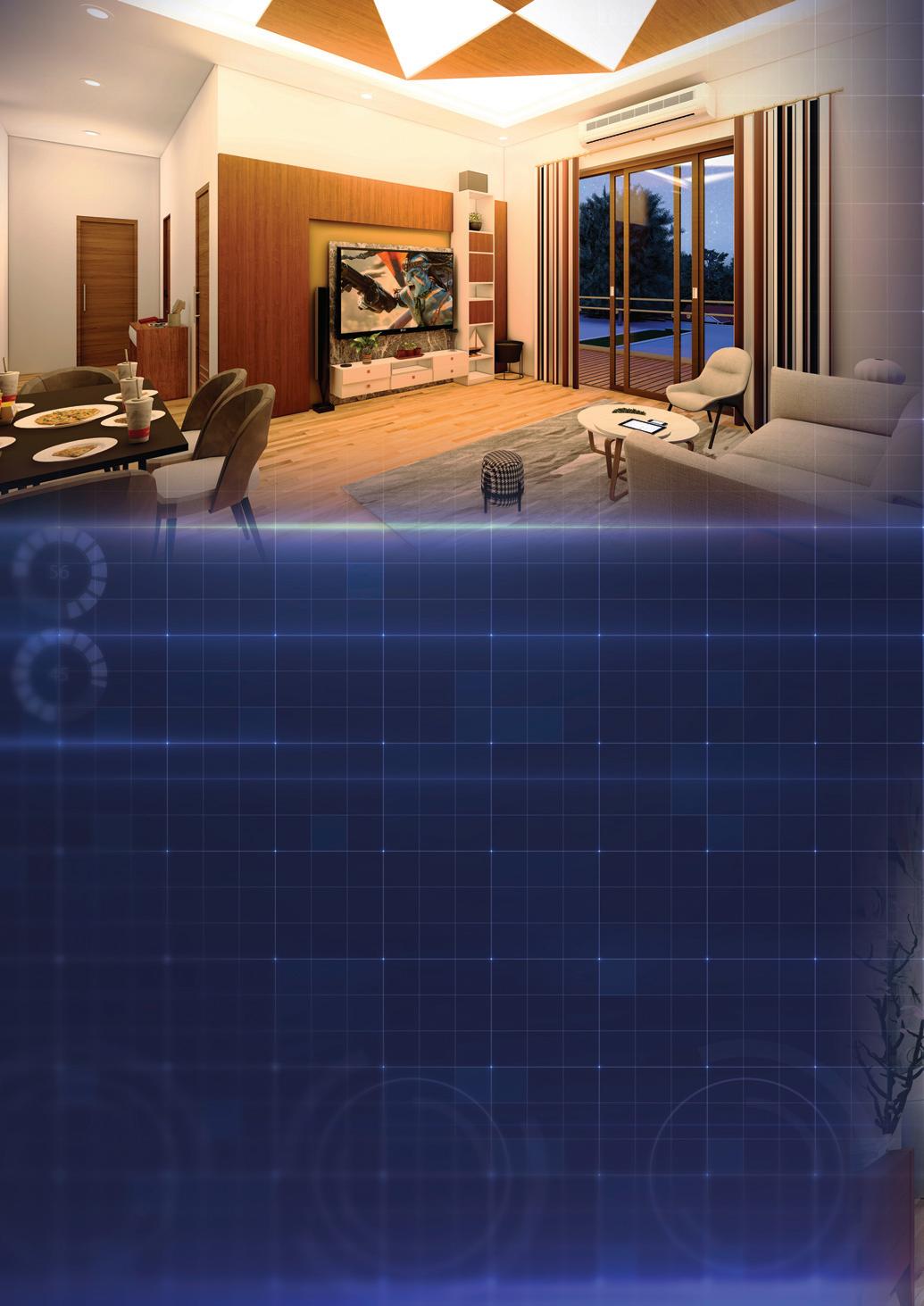
resources. If someone is unable to leave the house or obtain a certain necessity, then it can be quickly and efficiently delivered by drone. This same concept can be expanded to industries such as healthcare or emergency services, delivering essential and potentially lifesaving equipment.
Installing landing pads, droneports, vertipads, vertiports as intelligent infrastructure to rooftops and a redundancy use of unoccupied ground space, also affords many benefits, Mr. DiCosola said: “With the infrastructure on the roof, we can then incorporate solar panels and reduce environmental impacts even more. It is also safe on the roof from disasters such as floods, maintaining vital connections to emergency relief services.”
Overall, drones allow for more efficient living and will improve the quality of life for people. Many countries around the world are researching and investing in
this technology. DISC has over 30 patents. The droneport and vertiport is filed in 15 countries, placing the company in an advantageous position to expand internationally as the sector develops.
“There are almost 400 companies worldwide who are trying to make flying cars,” continued Mr. DiCosola. “Two have already received waiver approvals from the FAA in the US, which shows how close this technology is to commercialization. All of these VTOL companies need a place to store, charge, leapfrog from one place to another, be repaired and or maintained. DISC has invented a turnkey solution to service them with the Smart AIML Rooftop and Ground Droneport, Vertiport, Airport intelligent fleet logistics infrastructure IPs, using vertiports and droneports.
“It is my job to bring these concepts to the forefront of the market and show that this
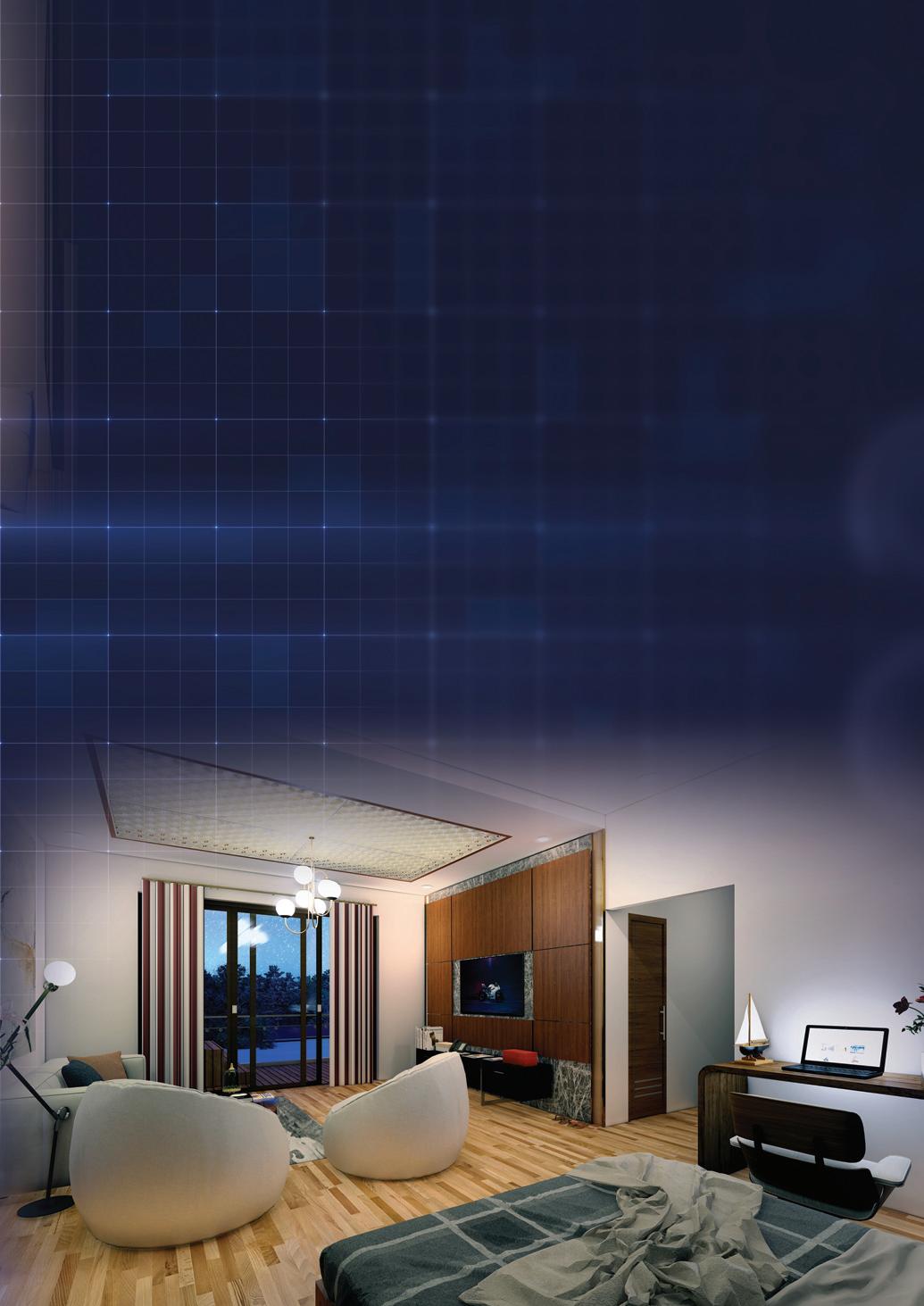
technology is not a choice; it is something we need for a safe, secure and sustainable society. Sustainability is both environmental and economic.”
Sky’s not the limit
DISC is continuously developing new ideas and designs for the future of drone technology. Using augmented reality, the company is creating innovative forms of fleet management. This will facilitate the safe and efficient operations of drone travel as commercial use expands into the future.
Another project that DISC is working on is drone-accessible homes. They will feature drone delivery facilities via the roof and garages that support flying cars. There will be a landing pad, charging station,
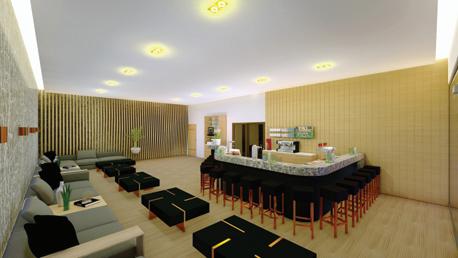
and smart delivery doorbell, integrating the convenience of drone and VTOL delivery of people and cargo into daily life.
“I’ve already made the blueprints for this,” said Mr. DiCosola. “Not only do we have the drone infrastructure patents, now we are taking them to the next level and incorporating them into residential developments.

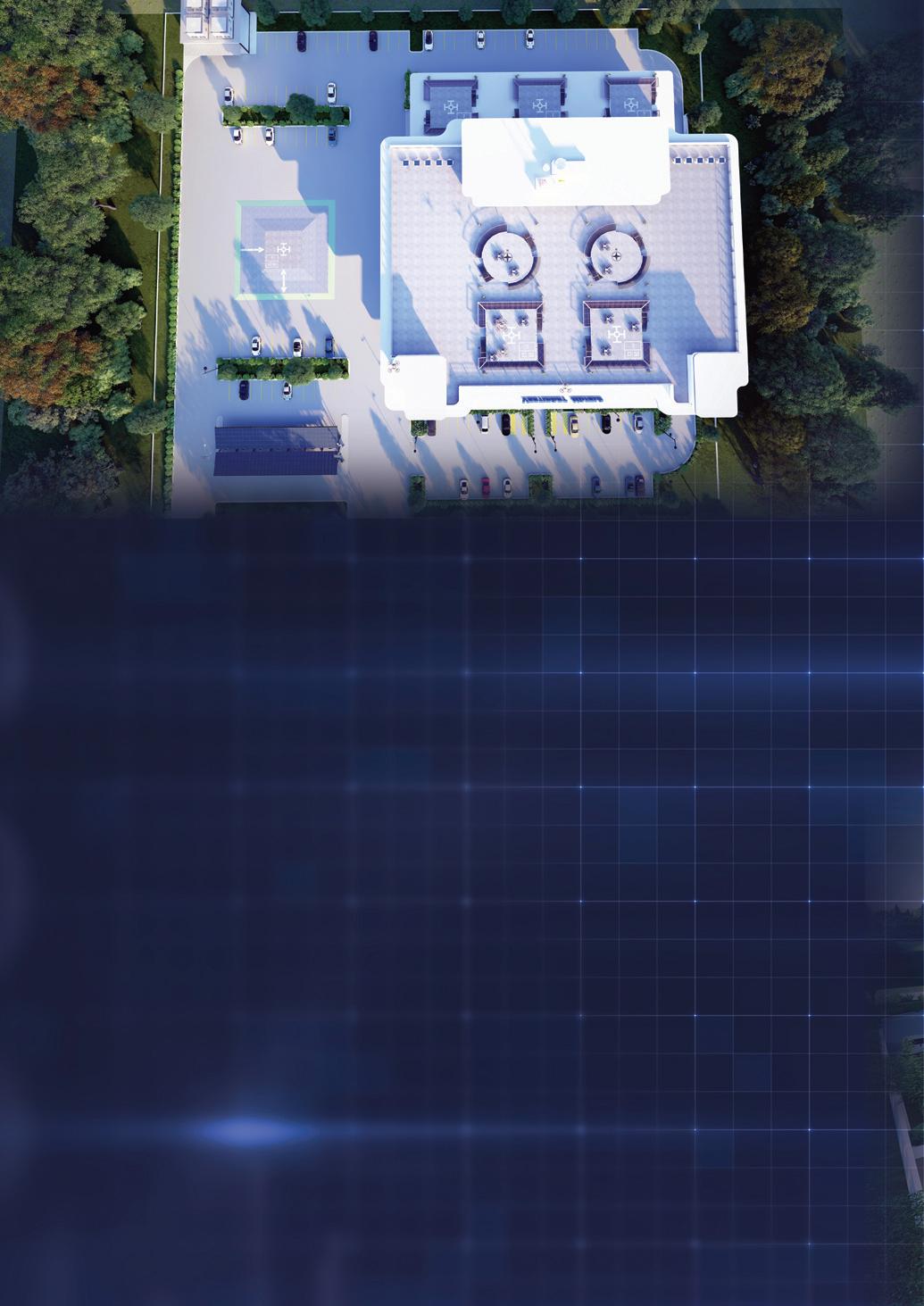
The boundaries for what we can achieve with this technology are limitless. It’s a really exciting time.
“When you begin introducing new technology into the current aviation airspace, like thousands of drones or flying cars, it is important to have an infrastructure system that works. Otherwise, the integration of the technology becomes obsolete. We are repurposing existing spaces to ensure that we can effectively use drone technology within society.”
There are two new launches soon to be filed with the S.E.C., currently underway for DISC. The first is their newest IP and first in the world, Vertiport Hotel and Casino: A DiCosola Executive Suites and VTOL Charter, which will allow for eVTOL chartering services. The facilities will utilize various forms of drone technology, smart kitchens, Air Traffic Control (ATC) and Uncrewed Traffic Management (UTM) infrastructure, creating a fully smart and futuristic space for the delivery of people and cargo via drone and VTOLs.
The second launch is expanding the company’s work using utility cryptos. $DISC and $AMX tokens that were created with its own Tokenomics. These will be integrated into the first multimodal transportation delivery application. Offering token rewards for consumers who own a smart delivery doorbell and or landing pad data miner, and social rewards for vendors/operators who are environmentally friendly, in exchange for their meta data for weather situational awareness during deliveries. This allows DISC to build upon the company’s data distribution system.
“The past ten years I’ve spent working on this company aren’t easy to replicate,” explained Mr. DiCosola, in conclusion. “This is a novel concept and these patents that are pending are critical to the infrastructure of drone and VTOL delivery of people and cargo as a whole. They will not only benefit the company, but people and society.
“My goal is to design a future today that benefits everyone, and we’re getting close to seeing these ideas come into fruition.
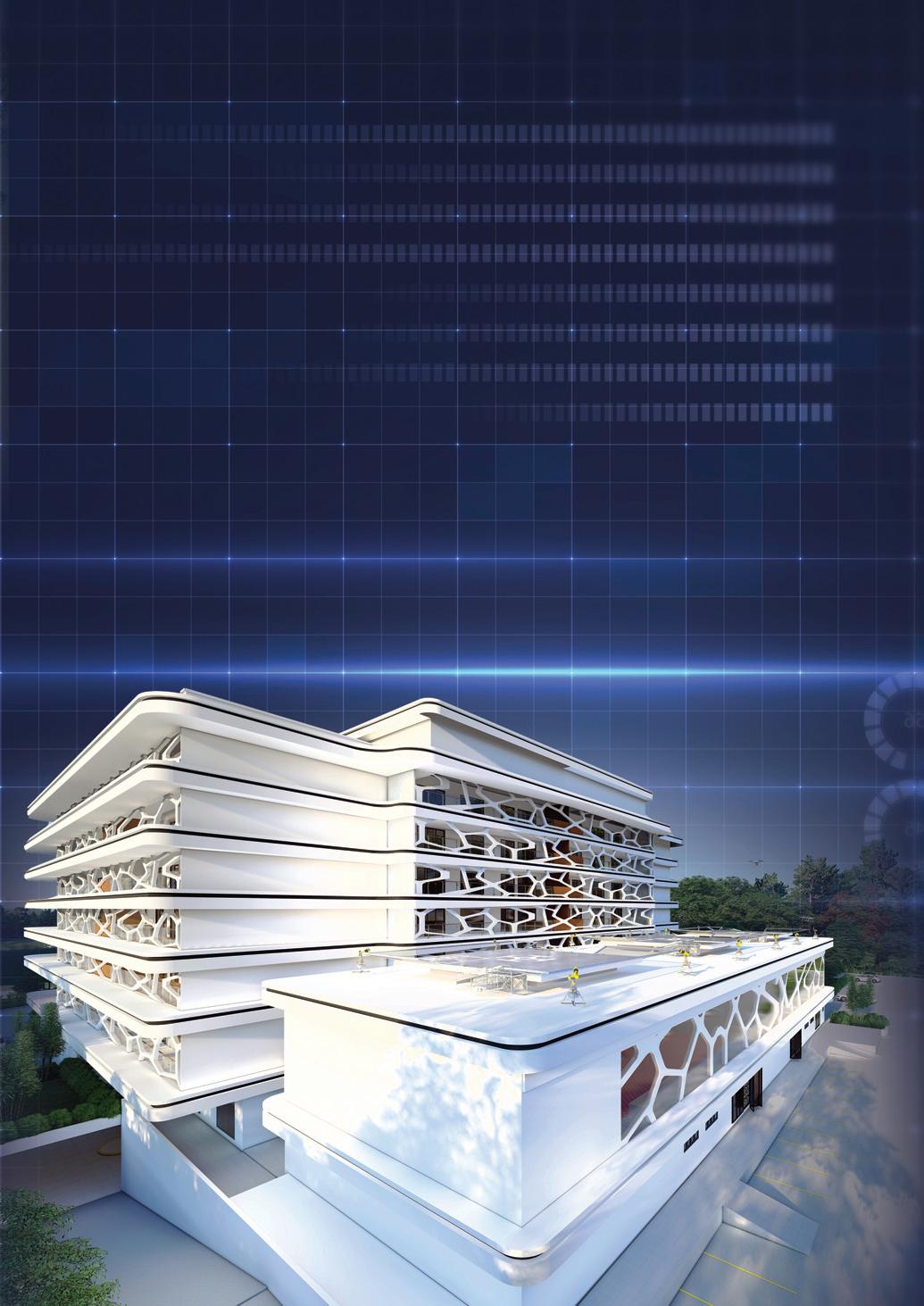
The world is changing, and I’m excited to be at the forefront of it.”
On August 8th, 2024, the first patent in the world for a vertiport was issued in South Africa to Drone Industry Systems Corporation. The total number of countries in which patents are filed for DISC now stands at 39.
The FAA and MITRE have formed the Drone Safety Team (DST) and announced at the Commercial UAV DST Plenary meeting that Mike DiCosola will be the new lead for the Data WG. n
